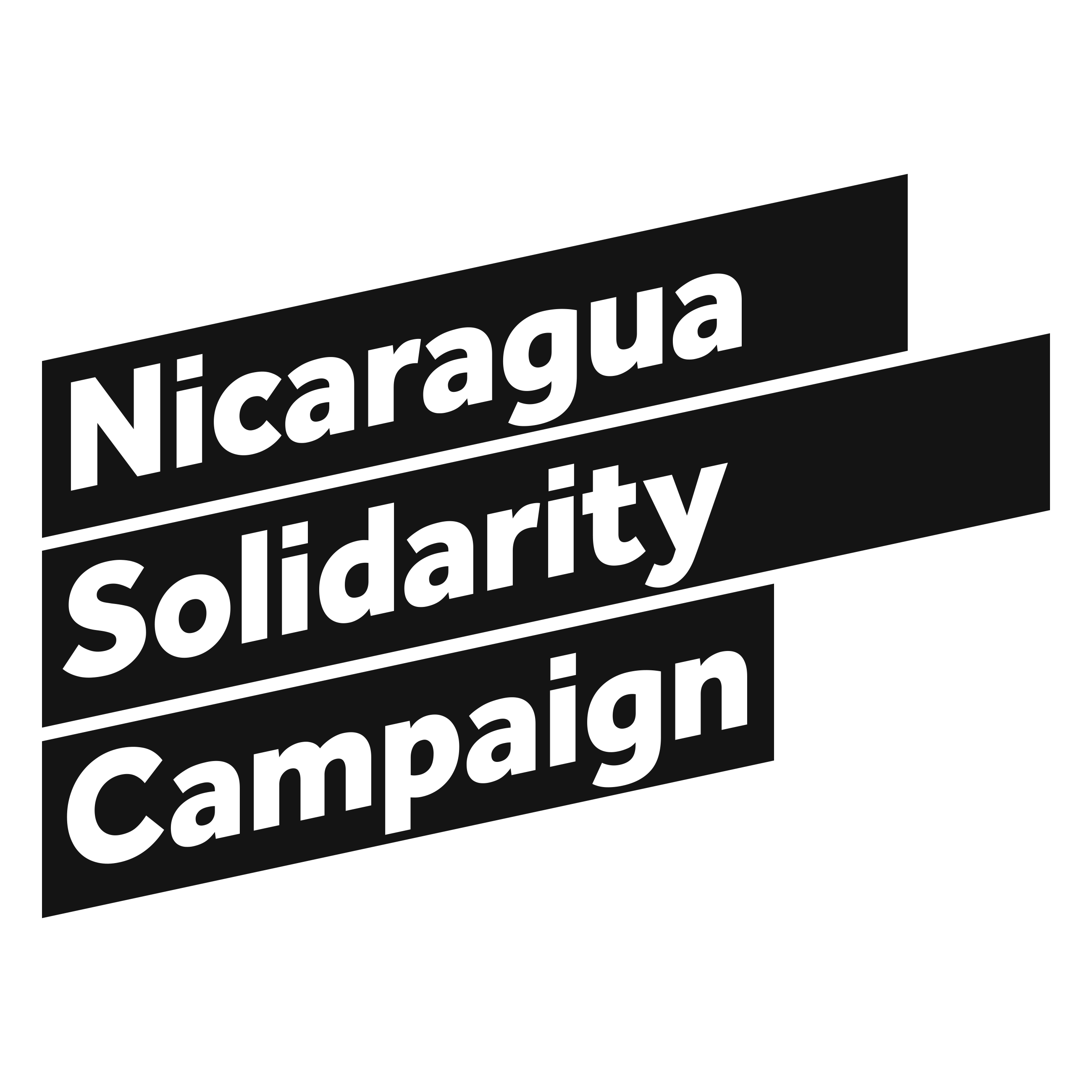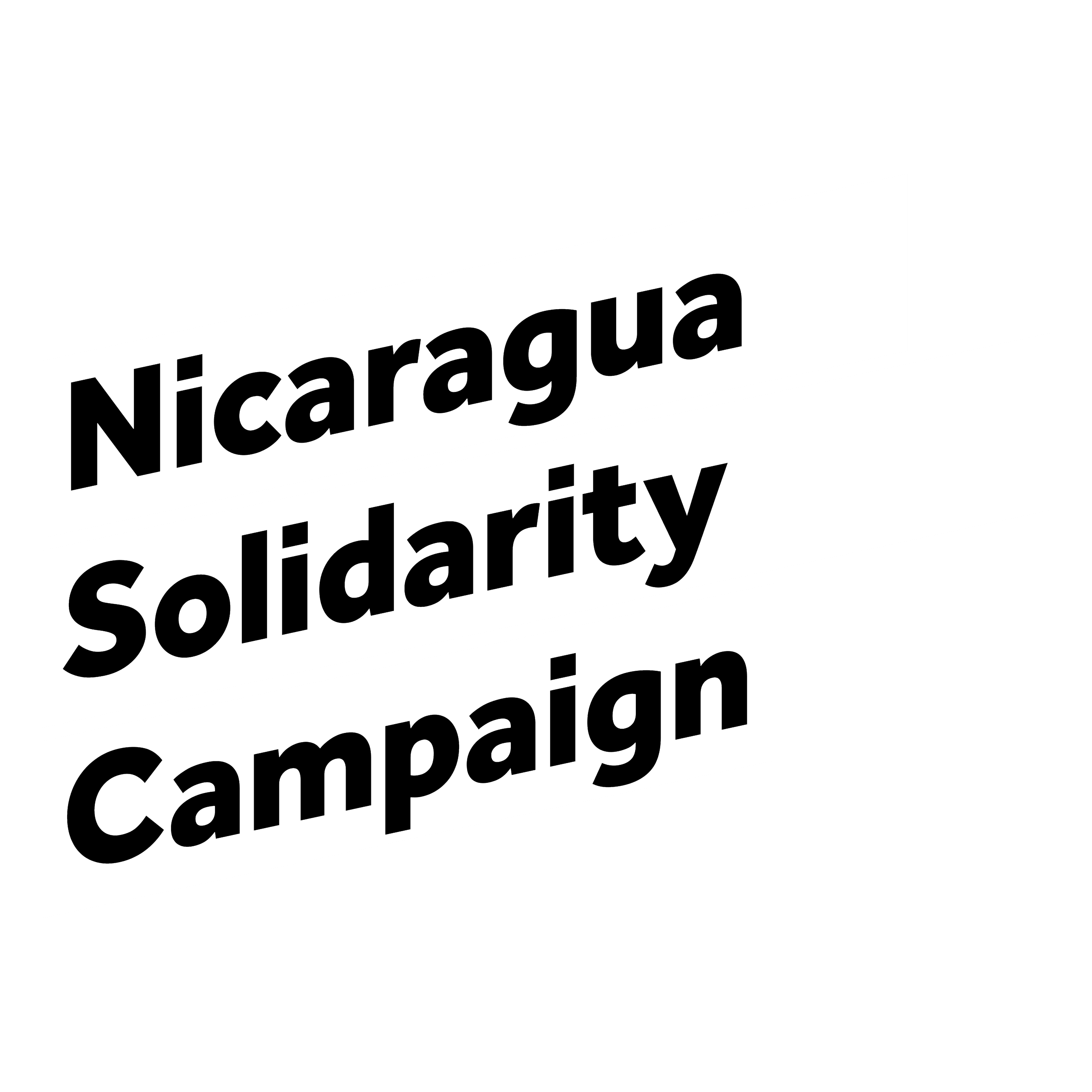The Rights to food, health care, education, gender equality
‘Hunger, poverty, and illiteracy are major issues plaguing much of the world, and climate change is one of the greatest threats to human beings on the planet. Nicaragua is setting an example an example for sustainable development that addresses all these issues.’ Rick Kohn, professor of Animal Science, University of Maryland
Following on from the setting up of the UN in 1945, other declarations and statutes followed including the 1948 Universal Declaration of Human Rights (IDHR). This Declaration encompasses a comprehensive set of civil, political, economic, social, and cultural rights. The Declaration itself is not legally binding but at the time one binding Covenant was intended.
Because of the Cold War, as lawyer Dan Kovalik explains, these rights became separated with two covenants: one on civil and political rights and the another on economic, social, and cultural rights.
The West in general and the US in particular value the first above the second. In fact, the US is a signatory to the Covenant on Civil and Political Rights but has never even ratified the Covenant on Economic, Social and Cultural Rights.
The US mantra is essentially to claim that social and economic rights are ‘socialist’ and will inevitably infringe on the civil and political rights. For this reason, they choose to ignore the fact that countries like Nicaragua and Cuba have an exemplary record on providing free health care and education.
In this issue of Nicaragua Now we feature articles on Nicaragua’s holistic approach to tackling entrenched poverty with examples of advances in health care, education, gender equality, property rights, and support for the social economy.

